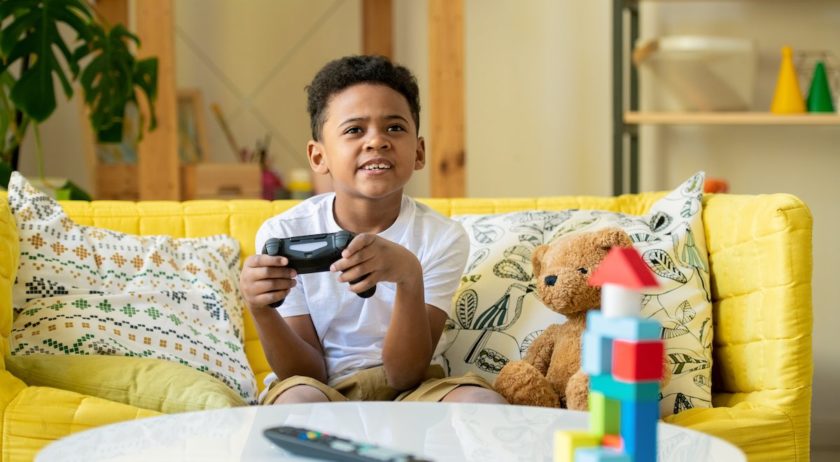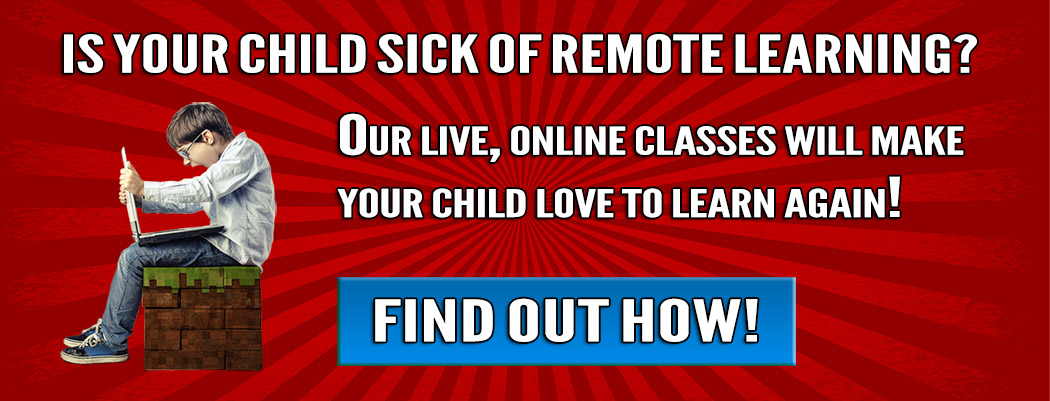Do kids really learn from playing video games? Absolutely! Many kids are learning academic skills playing games and apps such as Brainpop, ABC Mouse, Noggin, and Adventure Academy, and studies show that children can improve their memory, executive-functioning, and problem-solving skills.
But why do they learn from playing video games? It’s not complicated – by “playing.” Psychologists have long known about the critical connection between play and learning, whether learning about getting along with others while playing a game of soccer or learning about future roles while playing “house” or “school.” While much of the core research that makes the connection between play and learning derives from “traditional play,” we know now that they learn from digital or screen-based play, as well.
What makes digital play particularly powerful is what we at LearningWorks call “engamement,” a state of psychological and cognitive absorption with a digital game, toy, or technology. When children are engamed, their focus, interest, and, in turn, learning are amplified. This type of immersion in what they are doing helps them to practice skills in an interesting, reinforcing manner that leads to better learning results. This doesn’t happen only with video games, but also in any environment where the teaching materials are engaging. All good teachers are aware of this and know that when they present interesting material or find ways to teach that engage their students, more learning takes place. This is why many of the best teachers use project-based learning, audio, and visual tools to maintain focus and choose their content to match the interests of their students.
Video games often include these same characteristics of having a project or goal, using audio and visual stimuli, and being of great interest to a child. At the same time, there are many limitations to learning with video games. Most popular games are not designed to teach but are made to entertain and keep children playing. Even games for learning are focused on particular content – children are not going to learn much about science playing a word game. The same is true for using popular games (as we do in LW4K LIVE) as a teaching tool to learn specific executive-functioning and social-emotional learning skills. Some games (such as Minecraft) present clear opportunities to practice a skill such as planning, while others such as League of Legends are more suited to learning about working memory.
Our classes at LW4K LIVE are designed around the most prominent skills in the games. Only one or two skills are selected for classes that use smaller, casual games. However, large sandbox games with no specific goals and a large virtual world to inhabit (such as Minecraft or Fortnite-Creative Mode) can practice many executive skills and are well suited to our ongoing classes. Check them out!





